Germans bring back Cold War era 'Monday protests' amid cost of living crisis
Thousands of people on Monday have taken to the streets in Leipzig, the most populous city in the German state of Saxony, to protest against the rising cost of living amid soaring inflation in the European country.
Nearly 3,000 demonstrators staged a rally in Leipzig, a bustling German city with a population of approximately 560,000, to protest against high living costs and growing energy prices amid the simmering Ukraine conflict.
The angry demonstrators denounced the government's inefficiency in supporting measures to overcome the crisis that has assumed alarming proportions in recent months, especially after Germany and other European states imposed a slew of sanctions on Russia over its military operation in Ukraine.
The protest on Monday came amid calls from Germany's left and the right for regular Monday protests against the rising cost of living in a "hot autumn".
The socialist Left Party, which organized the protest, is the first to announce the new series of demonstrations against rising prices for gas, energy, and food.
Symbolically, Leipzig is the city where East Germans played a key role in overthrowing the dictatorship in the German Democratic Republic (GDR) with their historic Monday demonstrations.
The new Monday protests come in the wake of the announcement of a new inflation relief package.
The government on Sunday unveiled a new 65-billion-euro ($65-billion) plan to help households cope with soaring prices. The plan follows two previous relief packages totaling 30 billion euros.
Germans are grappling with skyrocketing energy prices fueled by the war in Ukraine, which is now in its seventh month.
Inflation in the country is expected to hit a new record of around 10 percent by the end of the year, its highest rate in decades.
Last month, German Chancellor Olaf Scholz was met with loud protests while addressing a civic meeting in the eastern German town of Neuruppin.
Protesters demanded that the chancellor must resign amid boos and chants of "traitor to the people," "liar" and "get lost."
The 19 countries that use the euro currency have seen record inflation, fueled by soaring energy prices. Annual inflation in the eurozone countries was up from 8.9 percent in July to 9.1 in August, the highest level since record-keeping began in 1997.
Prior to the war in Ukraine, Europe was the destination for almost half of Russia's crude and petroleum product exports.
The European Union is expected to ban 90 percent of Russian oil imports by the end of this year, but all EU countries are not in favor of the move.
Iran FM to attend 15th OIC Islamic summit in Gambia
South Korean ‘die-in’ calls for arms embargo on Israel
Exclusive: Inside story of mass graves at Al-Shifa and Al-Nasser hospitals in Gaza
More Iran universities offer to welcome those expelled from US colleges
Iran-Africa path toward a shared future
Pro-Palestine student protests proliferate across the world
World Press Freedom Day: Palestinian journos win UNESCO prize
UK's opposition Labour inflicts heavy losses on Tories in local elections


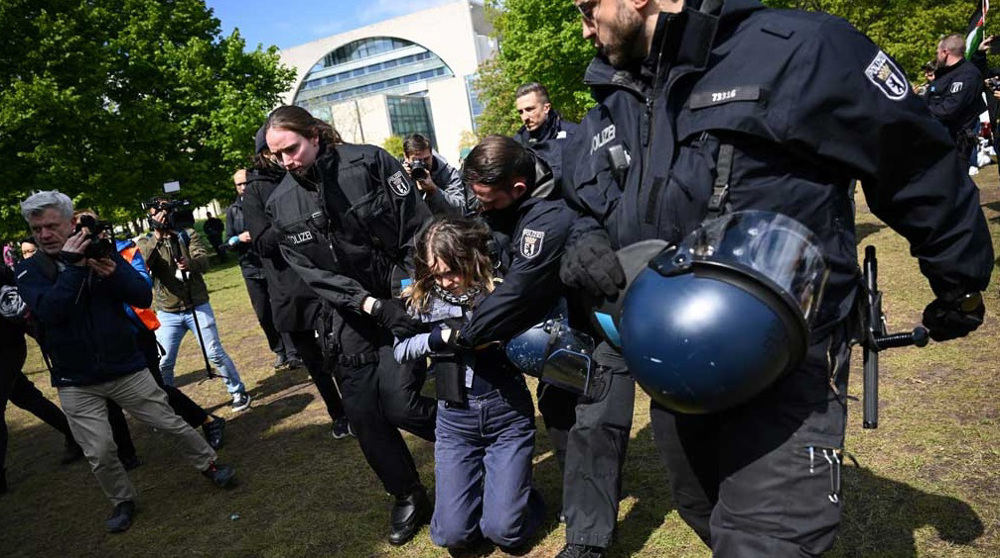
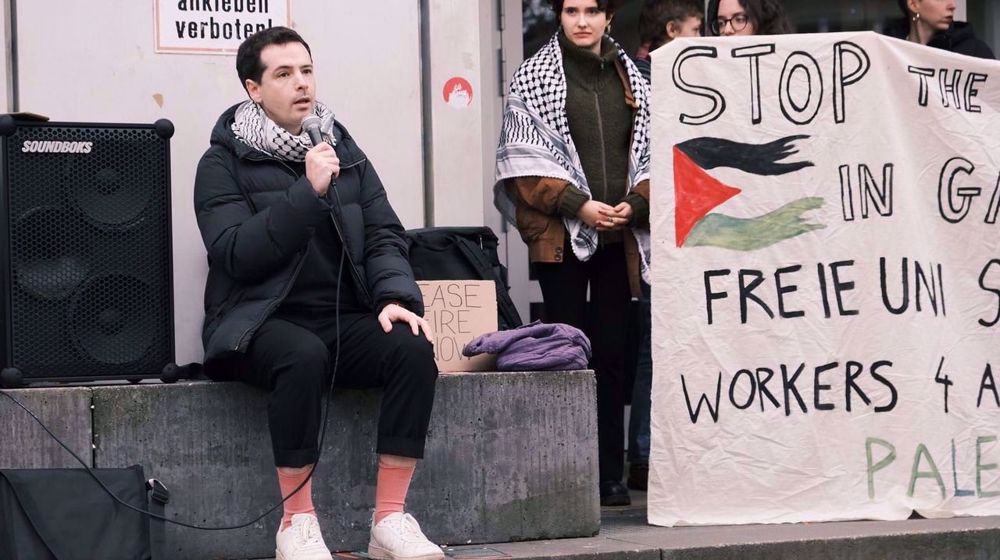
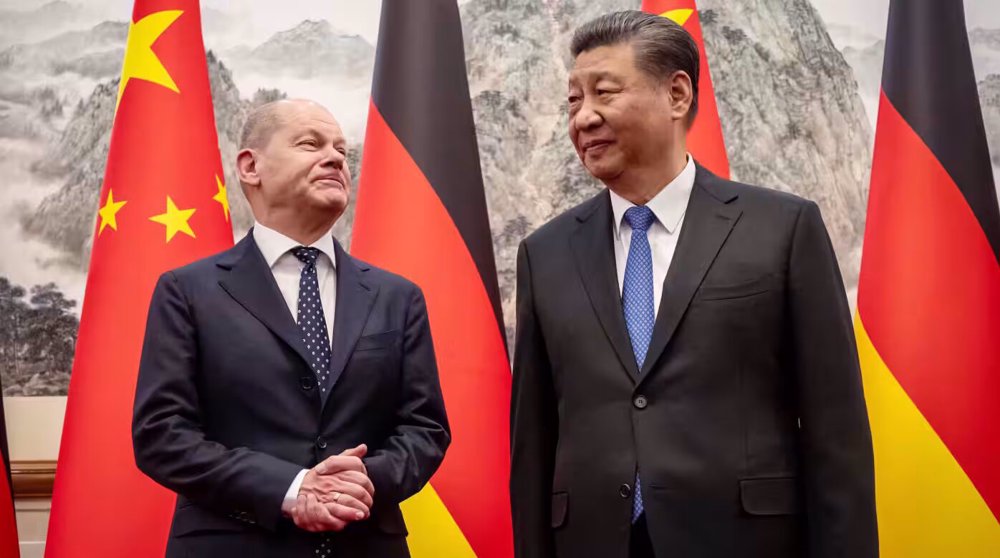



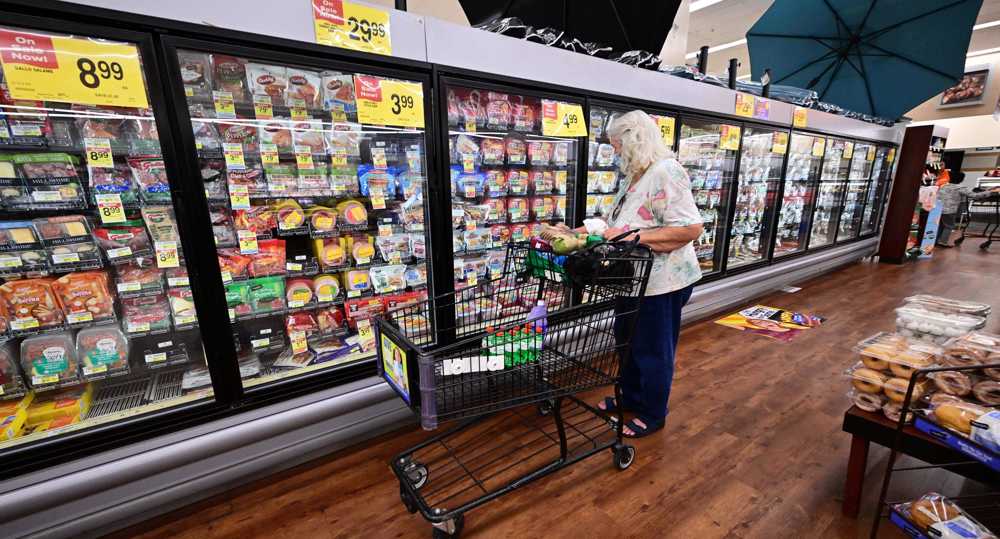
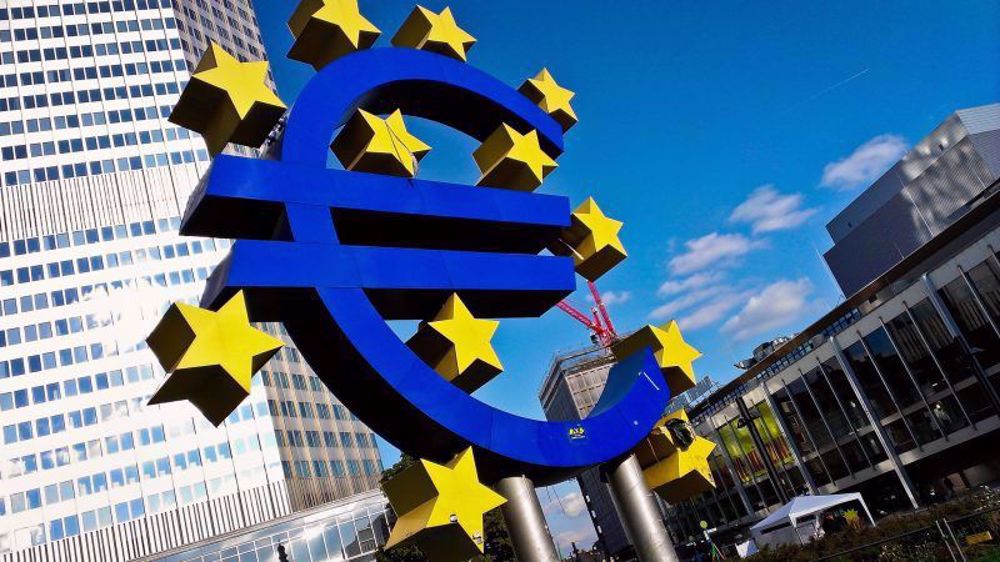
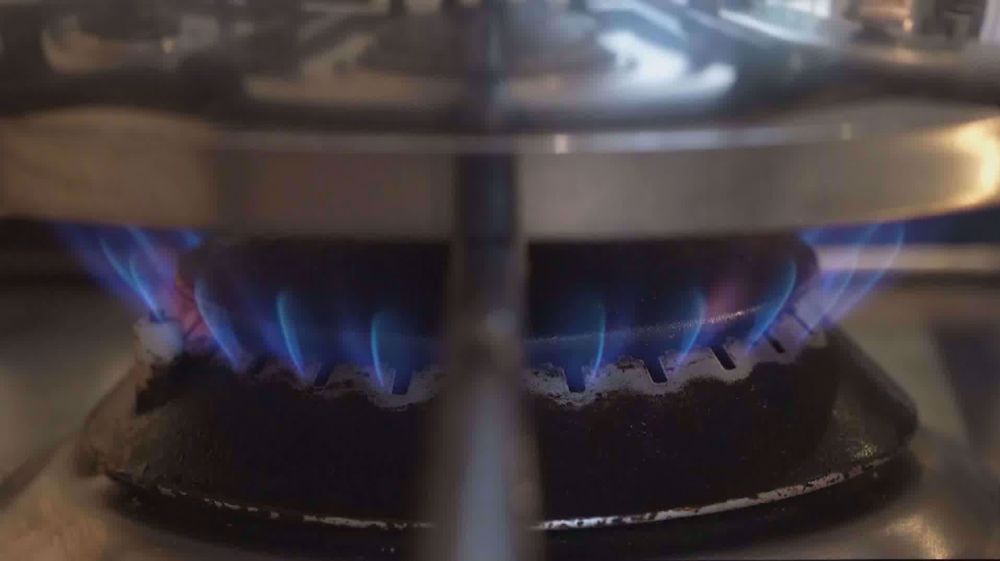
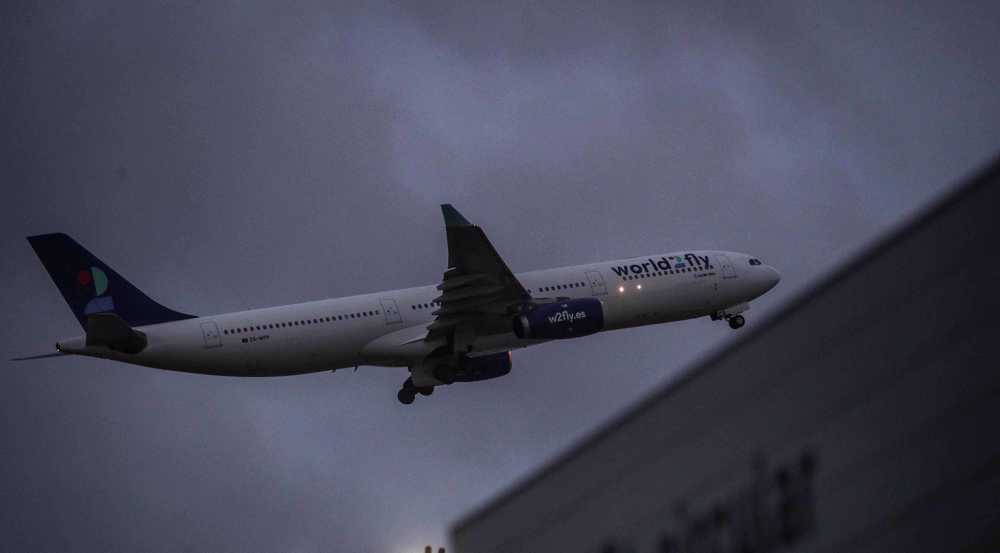

 This makes it easy to access the Press TV website
This makes it easy to access the Press TV website